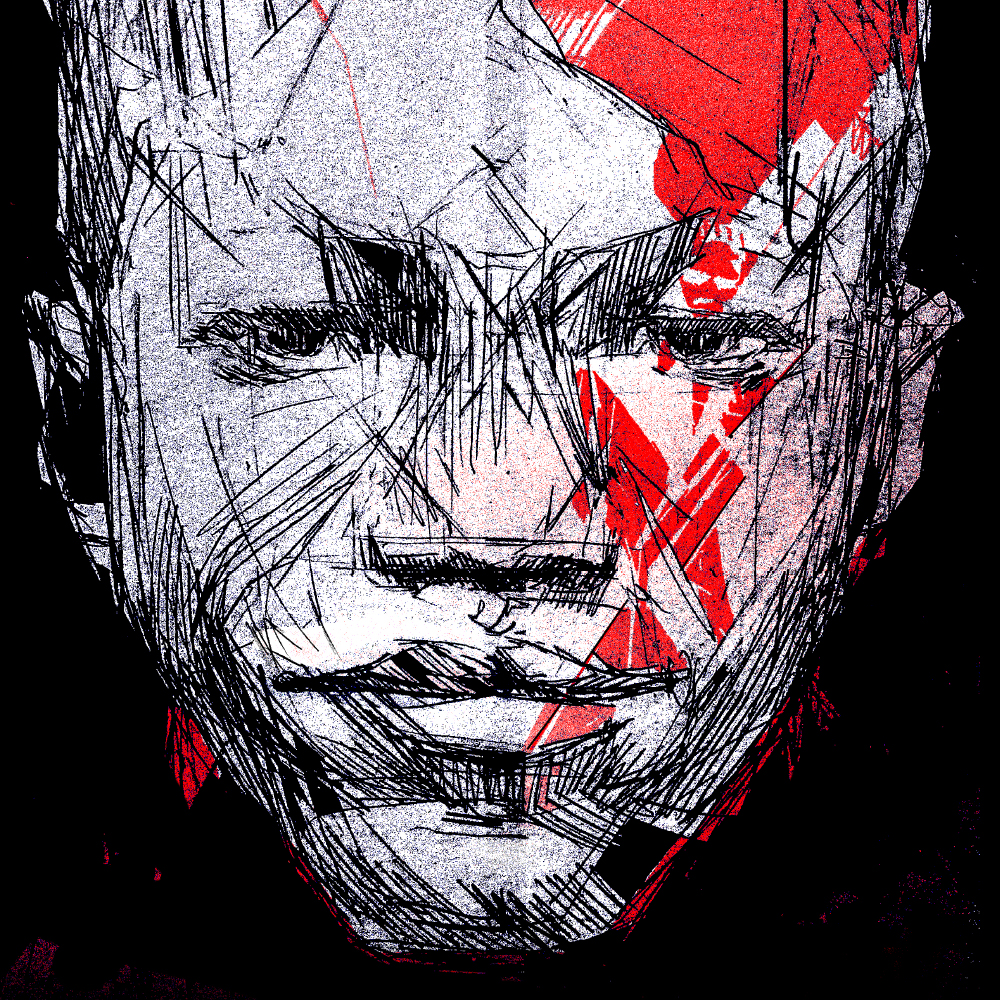Share This:
December 17, 2019 | Race and Equity, Theatre,
Before He was Malcolm X

Fifty four years after his assassination, the name Malcolm X still reverberates with the ethos of dogged intolerance to oppression. His name is an evocation — a recalling of a man, minister, and activist who stood vociferously for ideals of black nationalism and black empowerment, and — at the height of the Civil Rights Movement — sought to liberate the black community from the spiritual, political, social, and economic confines willfully imposed by a segregated, imperialist America. While his life’s story has been widely publicized and documented, the details of his life in Boston — a transformative time period by his own admission — surprisingly remain scantily articulated.
Malcolm X, formerly known as Malcolm Little, arrived in Boston at the age of 16 seeking refuge from an earlier life marred by loss and disintegration in Lansing, Michigan. His father was murdered by a group of white supremacists and ensuingly, his mother would have an irreparable nervous breakdown. In Boston, Malcolm moved in with his elder half-sister, Ella Collins, in Roxbury Hills where his reservations on the absence of black life were immediately dispelled as he witnessed the “throngs of black life in downtown Roxbury,” basking in the sounds of Duke Ellington and Erskine Hawkins, and smells of rich, soulful southern cooking. Overwhelmed by the sea of inhabitants, he explored downtown Boston and was astonished to learn of the city’s “two big railroad stations — North Station and South Station.” He took his first subway ride, following a crowd to Cambridge, and walked around Harvard University noting, “historic buildings everywhere I turned, and plaques and markers and statues for famous events and men.” It was a new world to him.
As a young man in Boston, he worked menial jobs, but found more freedom and life in petty crimes, transforming himself into a street hustler and mixing himself with the crime rings. He gambled, sold cocaine, then moved onto burglarizing the homes of affluent white folks, all white adorning a reddish tint to his hair, earning the name “Detroit Red.” At 20 years old, the life of criminal activity had caught up to him, resulting in a six year stint in the Charlestown state prison on charges of burglary.
Now imprisoned, gazing through the steel bars of a jail cell, Malcolm refused to succumb to the perversion and malice of the Charlestown state prison culture and instead found his purpose. He worked diligently toward self-reform and his persistence and intellectual vigor moved authoritative officials to allow his transfer to the Norfolk Prison Colony, the reputation of which built ties to local academic institutions like Emerson, Boston University, and Harvard.
It is in the Norfolk Prison Colony where Malcolm would take an interest in debate and academia, joining the Norfolk Debating Society where he would hone the oratorical skills later immortalizing him as one of America’s most articulate public speakers, and transcribe the entirety of the dictionary, imbuing him with a renewed sense of identity as though “someone else I knew of had lived by the hustling and crime.” In the latter years of his prison sentence, Malcolm X had become enlightened by the philosophies and teachings of the fledgling black muslim movement, the Nation of Islam, led by Elijah Muhammad, and inspired to him join. As custom of the Nation of Islam, Malcolm would shed his surname, replacing “Little” with an “X.” Upon his release from prison, Elijah Muhammad would employ Malcolm as a Minister of the Nation of Islam and spokesman during its most prolific period of growth and influence.
Reflecting on his years in Boston, Malcolm recalled, “All praise is to allah that I went to Boston when I did.” He entered Boston as a grief-stricken, troubled young boy but with an unrelenting will, he left as a young man of activism and purpose. His time in Boston was marked by self-reform, introspection, and transformation — a coming of age period from which the man, Malcolm X, was born and unleashed upon a world in dire need of urgent, uncompromising fervor and commitment to the empowerment of black people.
Join us FEB 01-16 as Detroit Red, a soaring melange of history and poetry penned by playwright Will Power, makes its world premiere at the Emerson Paramount Center, and witness the makings of one of America’s most renowned civil right’s leaders.




How I wish I had a chance to read this article last year and I was able to attend in Paramount Center. I know that guy. He is popular on black communities forum.